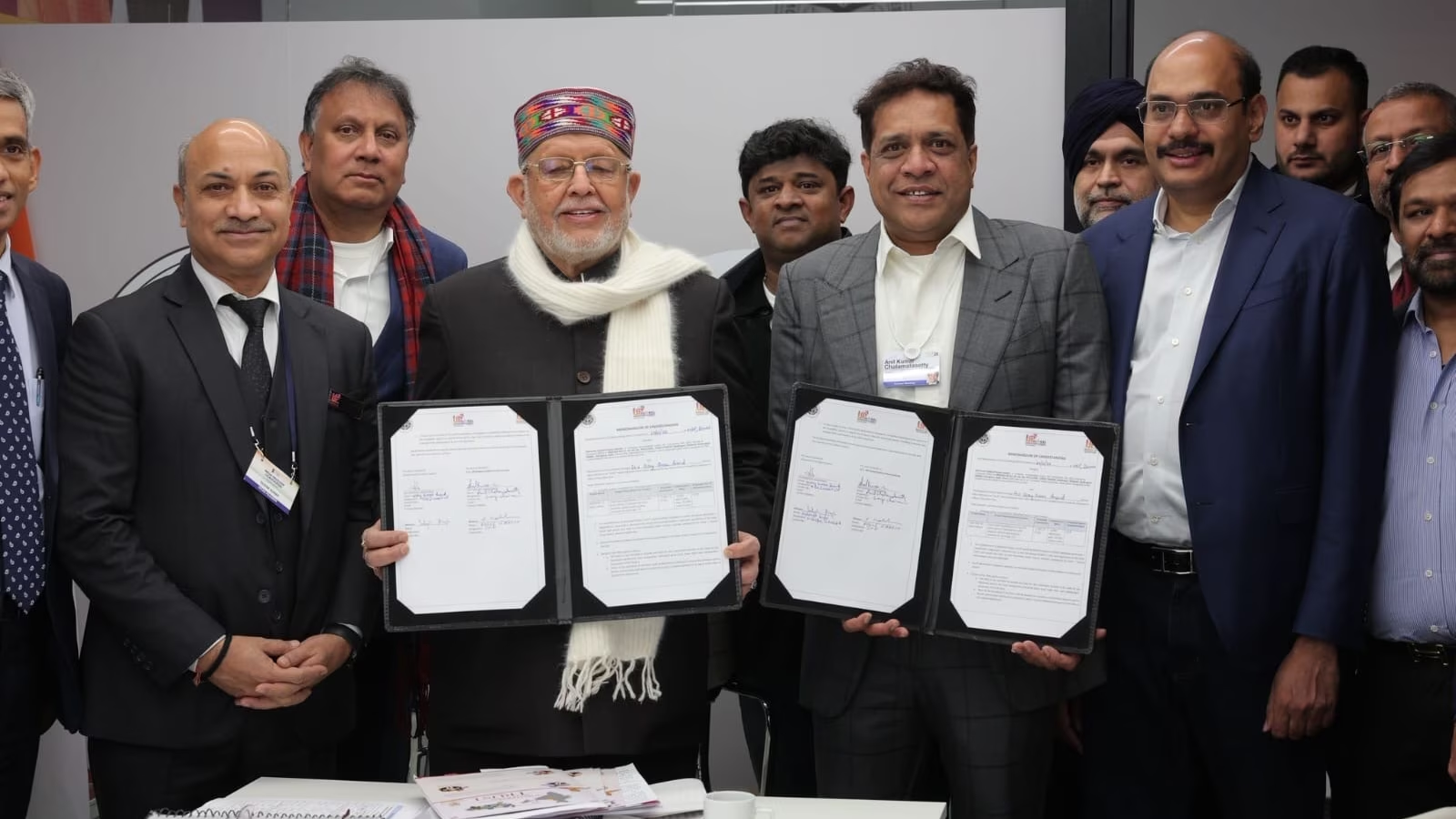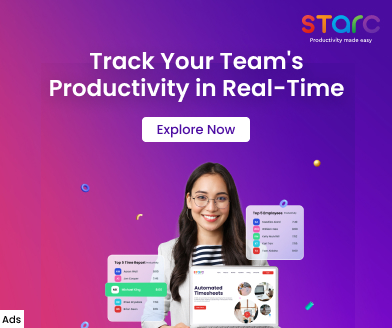Why GCCs Are Entering a Transformation Era
Over the past decade, Global Capability Centers (GCCs) in India have evolved
dramatically. From their initial role as cost arbitrage engines, today’s GCCs are
strategic hubs driving product development, analytics, AI, and global R&D
initiatives.
According to Nasscom and Zinnov 2025, India hosts 1,950+ GCCs employing 1.7
million professionals, with projections to surpass 2,400 GCCs by 2026. But
numbers alone don’t capture the real story: GCCs are increasingly responsible for
business outcomes and global decision-making, not just transactional
processes.
“GCC 3.0 isn’t about filling headcount quotas. It’s about designing
talent and operational strategies that enable centers in India to
co-own innovation with global teams.”
— Ravi Wadhwa, Founder, Talentiser
This shift changes everything about how GCCs hire, develop leaders, and align
with corporate strategy.
The Strategic Shift: From Execution to Ownership
The transformation from “setup and scale” to “strategic innovation” requires new
guardrails:
- Talent Transformation: Hiring now emphasizes product engineers, data scientists, AI/ML specialists, and global business analysts. Pedigree takes a backseat to capability and ownership mindset.
- Leadership Evolution: GCC leaders today need cross-border strategic vision, governance skills, and influence across global stakeholders. This is no longer about managing processes; it’s about shaping enterprise-level outcomes.
- Governance & Compliance Integration: With expanded mandates comes heightened regulatory, IP, and security responsibilities. Governance must be embedded in every function to ensure operational maturity.
- Global Collaboration: GCCs aren’t siloed anymore. Teams interact directly with HQ product leaders, global clients, and regional business heads, driving real innovation impact.
India’s Unique Advantage in GCC 3.0
Several factors make India the prime location for next-gen GCCs:
- State Policies & Incentives: From Telangana’s skilling programs to Gujarat’s CAPEX/OPEX support, India’s regional frameworks help GCCs scale with speed.
- Deep Talent Pool: India offers over 500,000 engineering and tech graduates annually, supplemented by training programs in AI, cybersecurity, and data analytics.
- Innovation Ecosystem: Cities like Bengaluru, Hyderabad, and Pune combine startups, R&D centers, and multinational collaboration, providing fertile ground for co-creation and IP development.
“The real differentiator for GCC 3.0 isn’t cost — it’s how quickly a center
can create measurable impact, upskill talent, and align with global
business priorities.”
— Ravi Wadhwa, Founder, Talentiser
Talent Playbook for GCC 3.0
To succeed in this era, GCCs need to rethink their talent strategy across five key
areas:
- Capability Mapping: Define roles based on outcomes, skills, and ownership rather than titles alone.
- Evidence-Based Assessment: Evaluate candidates via case simulations, take-home challenges, and product-focused assessments.
- Leadership Calibration: Assess leaders for strategic thinking, cross-cultural communication, and governance acumen.
- Career Architecture: Create growth paths for specialists, research tracks, and product ownership roles to retain top talent.
- Governance Integration: Embed compliance, IP, and security as part of talent development, not afterthoughts.
Real-World Signals
- Chevron expanded its India hub to drive AI-enabled analytics and digital transformation.
- Standard Chartered’s Chennai GCC now co-owns product roadmaps for global banking services.
- Industry reports (Zinnov, KPMG 2024) indicate over 50% of mature GCCs now lead transformation initiatives or product ownership.
The clear takeaway: centers that hire for ownership, build governance into
operations, and measure impact outperform traditional execution-based
GCCs.
Final Word — Founder Perspective
GCC 3.0 is a people-driven transformation. Those that continue hiring for
headcount alone will be left behind. The future belongs to centers that hire for
ownership, invest in leadership, and embed governance into talent strategy.
At Talentiser, we help GCCs design transformation-grade talent playbooks,
capability maps, and leadership frameworks to maximize impact from India.
If you’re planning your GCC 3.0 strategy, reach out — let’s design the next wave
of enterprise innovation together.
Visit Our News section and follow us on LinkedIn and Twitter
For More Information Click Here







